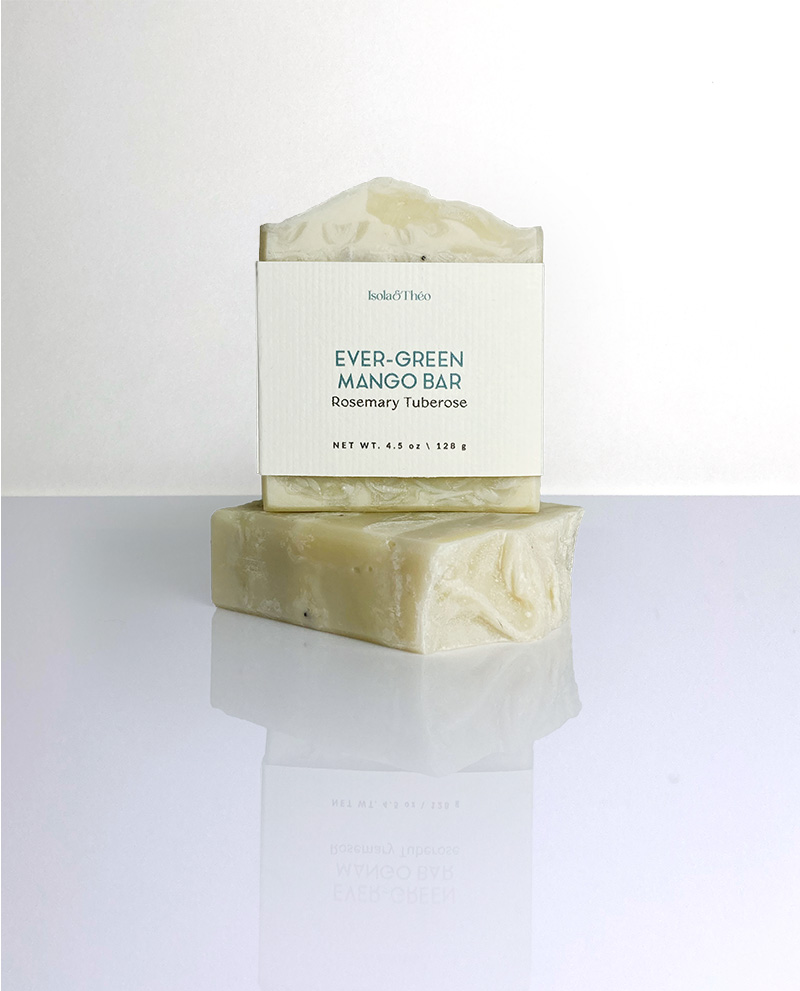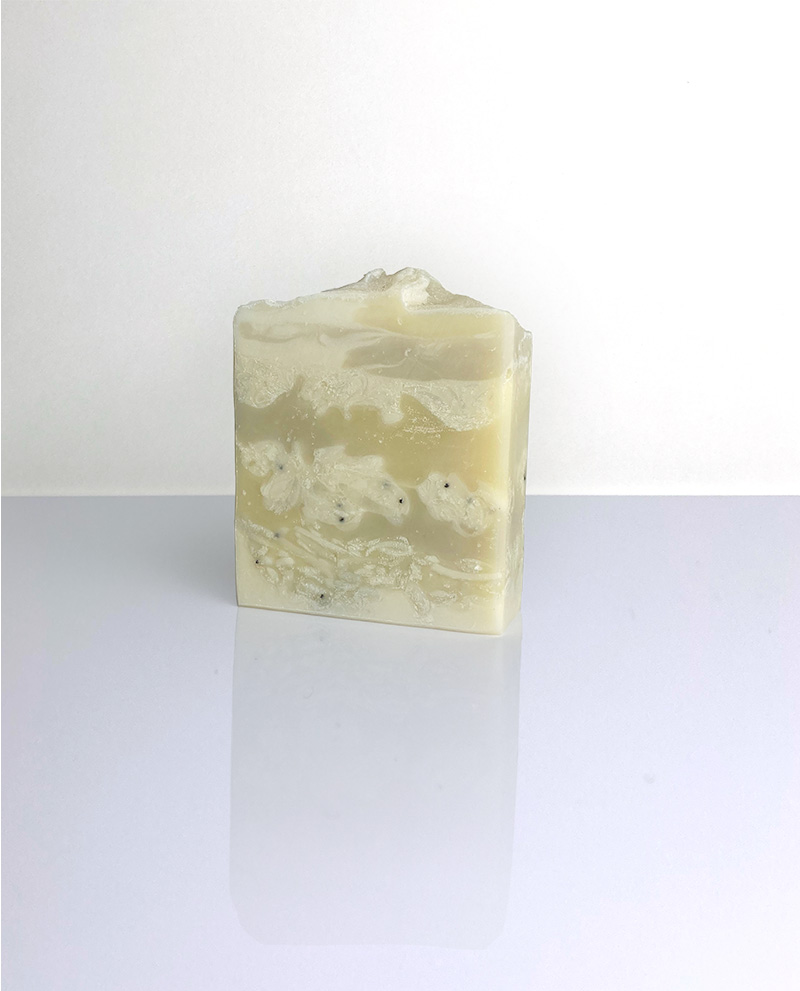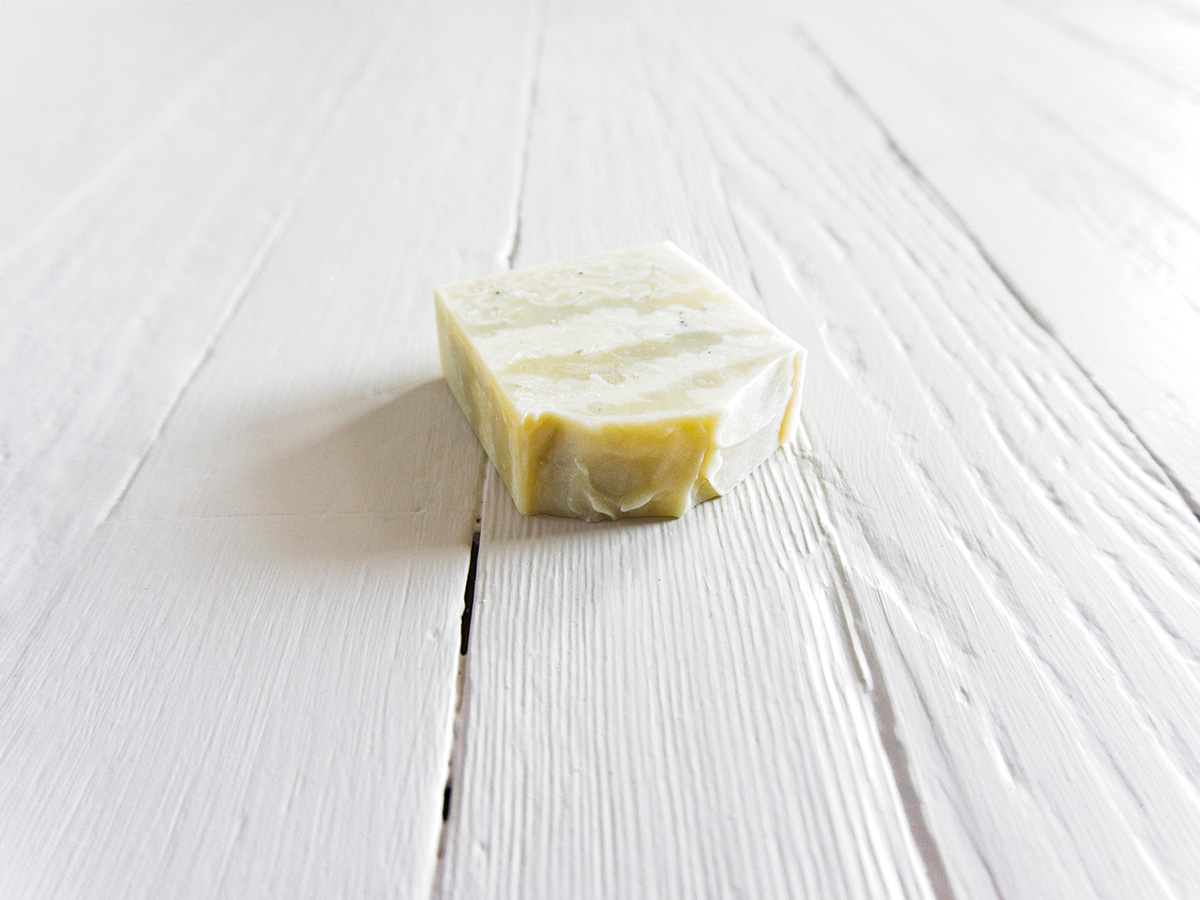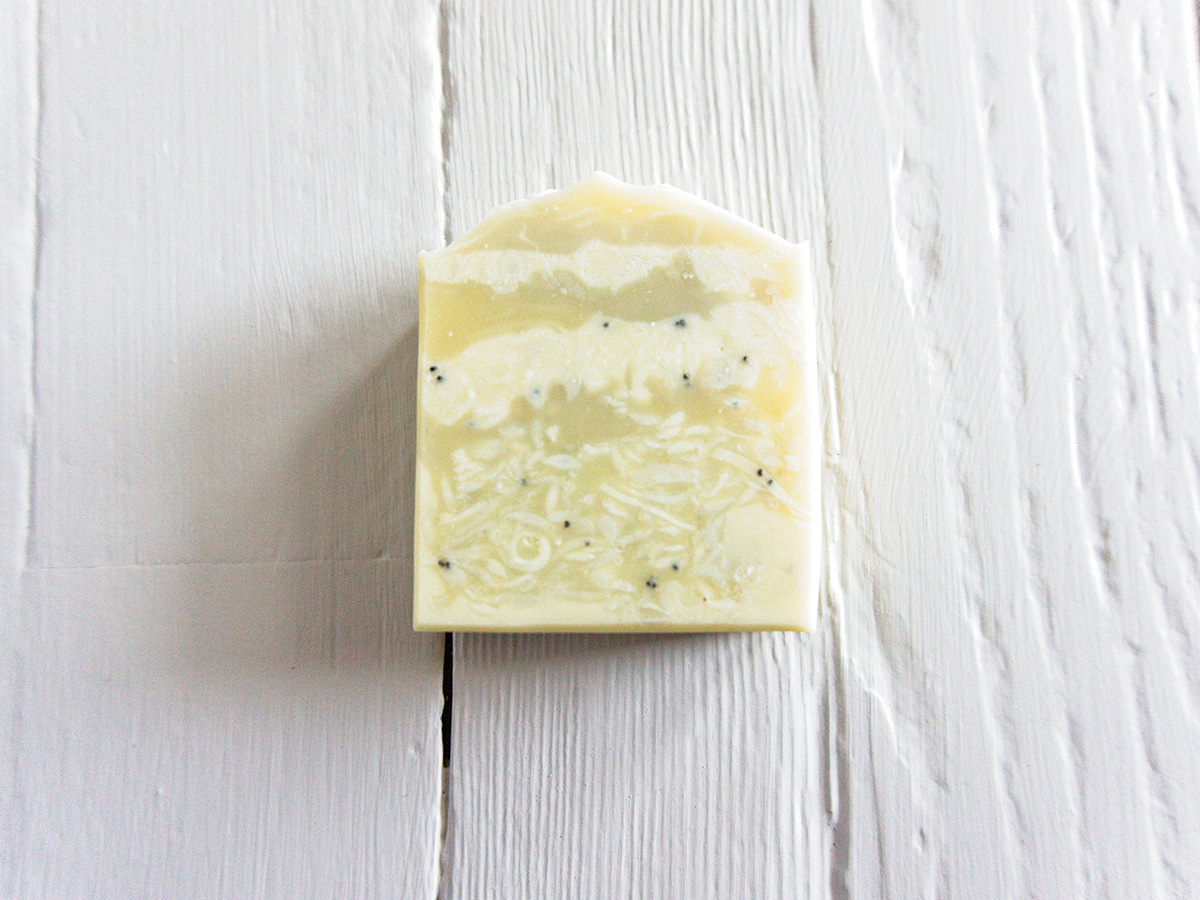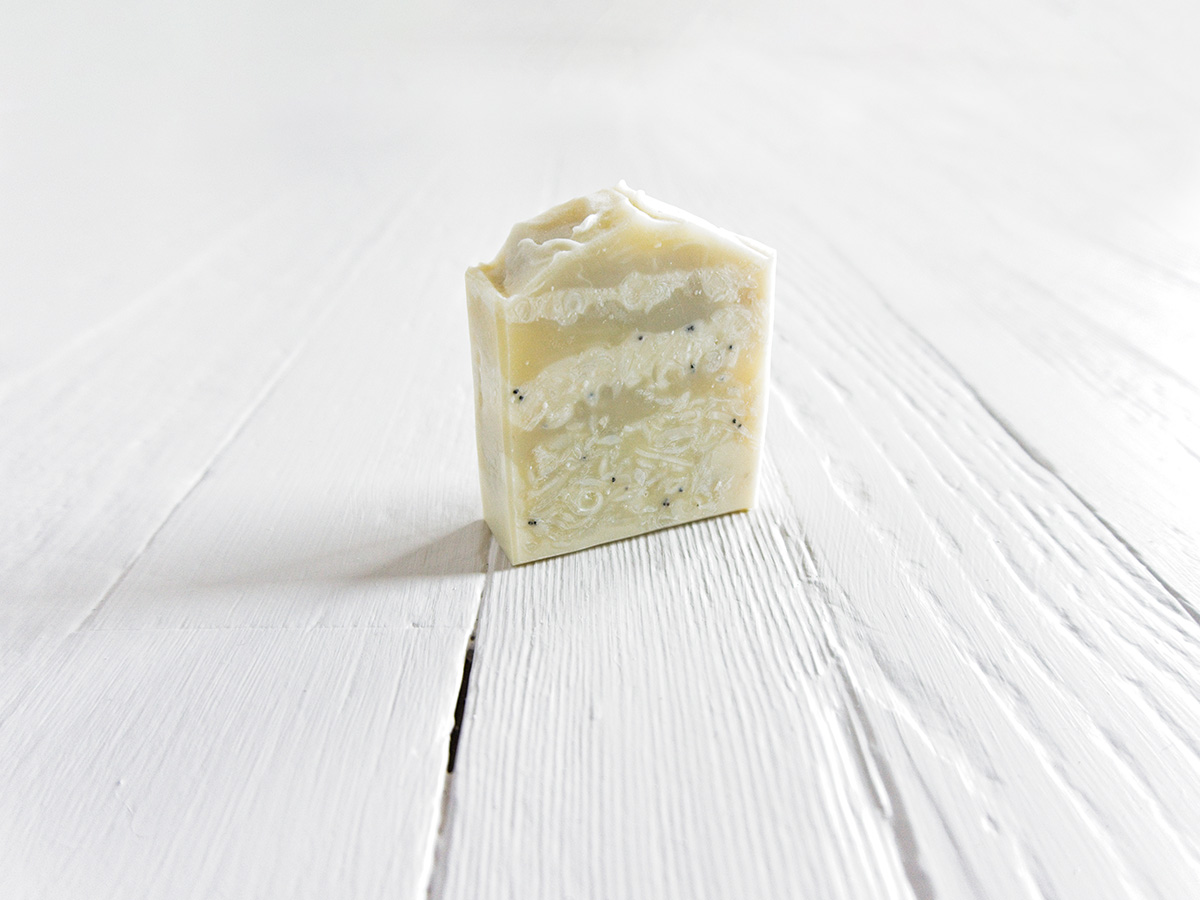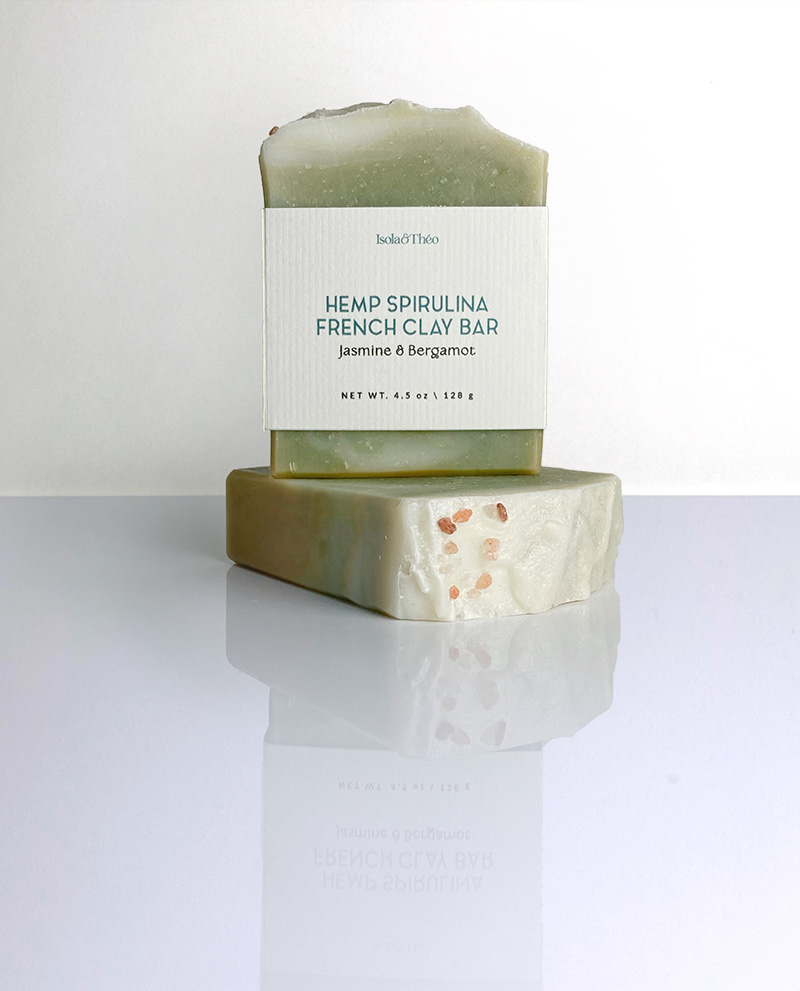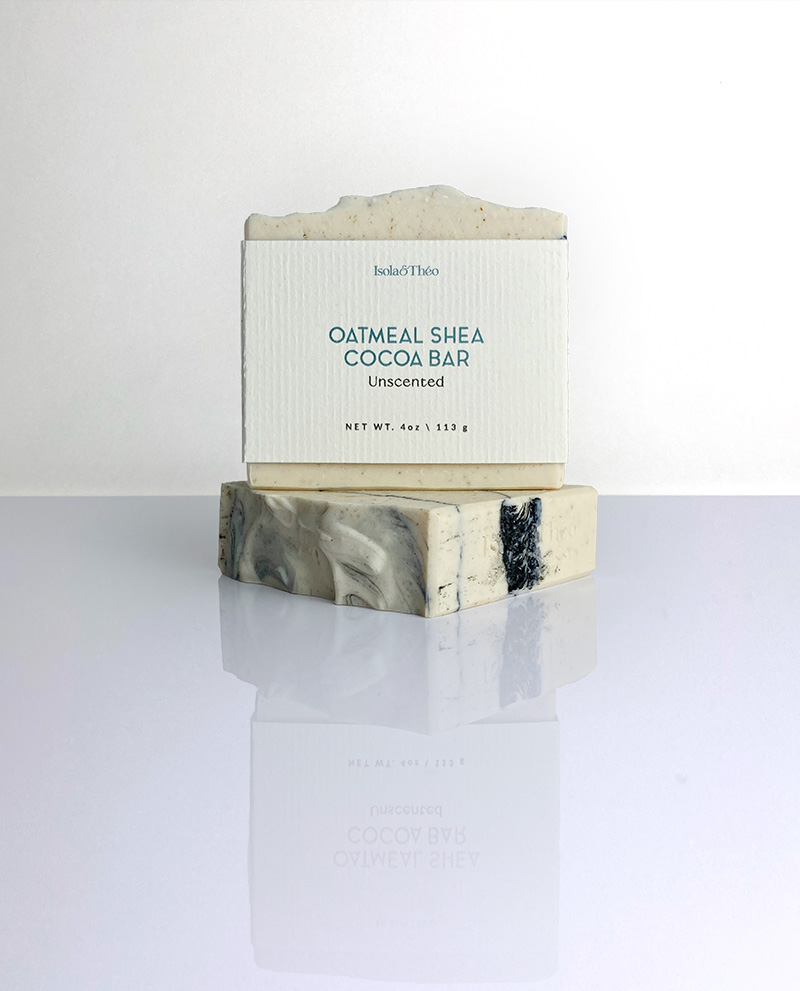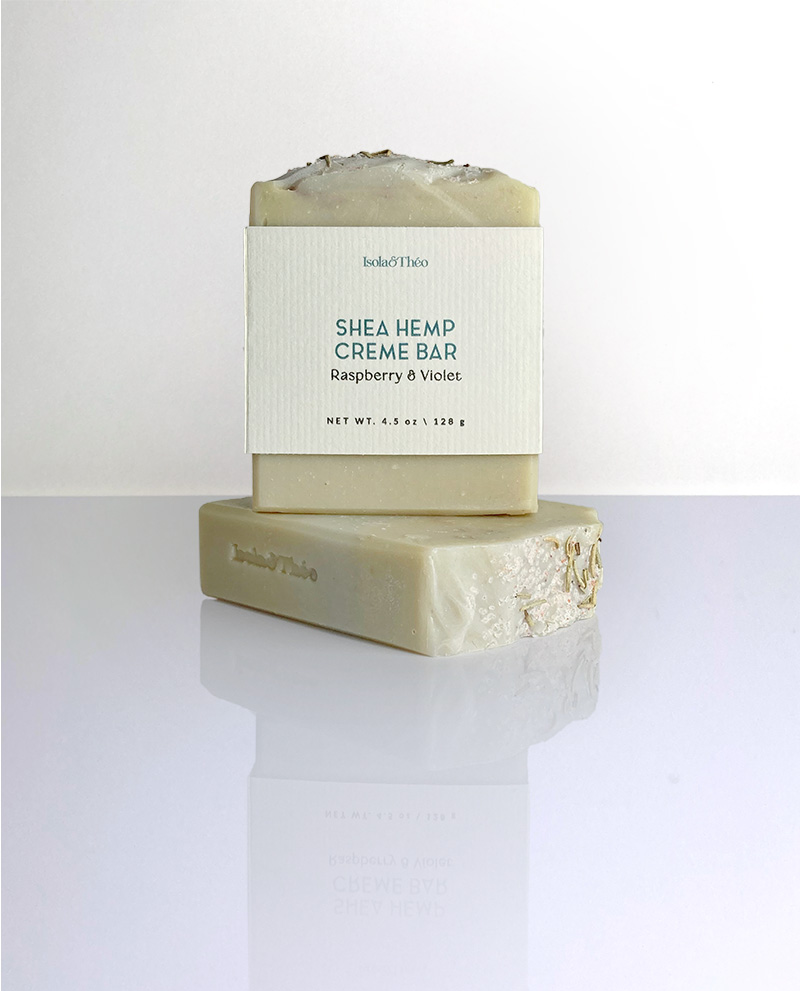Ever-green Mango Limited Edition
$12.00
Beneficial yellow kaolin clay aides in drawing away impurities. The goodness of hemp oil and mango butter boost skin’s barrier to retain moisture with an abundance of vitamins for healthier skin. Recycled soap may contain nut-based oils and butters.
Limited Edition Summer Garden
Soapmakers hate waste from end cutoffs. We know the hard work it takes to raise and harvest these critical ingredients, wasting these efforts is quite frankly sinful. Recycling soap in a small percentage can give new life by using end cutoffs, slices and shreds into a new batch. Visually, it provides a layered petal design. Because this is a recycled soap we only recommend this bar for those that have no allergic reactions to nuts. This is not a common allergy but worth noting as we are collecting a small percentage of soap ends based on color and texture.
Lightly colored with yellow kaolin clay creates a distinction with the floating petals. Kaolin clay draws toxins and impurities away from skin and at the same time, provides moisture retention in skin. Gently buffs skin cells and aides in producing a lovely lather.
Formulation
This is a very balanced bar that straddles the line of bubbly cleansing lather, highly conditioning, and has a nice firmness suitable for the shower. No bar should ever sit in a wet dish as this makes for a soggy, unhygienic bar. All our products are formulated city and septic water safe.
As with all mineral bars from clays to charcoal it is normal to see the color leave your bar.
The castor bean is an important plant source used in many industries from cosmetics to biodiesel and in an estimated 700 industrial applications. Grown primarily in India, the unpredictability of weather, increased cost of fertilizers and water and reduced margins saw a decline of interest from growers, despite the interest globally. Initiatives from stakeholders were launched to solve issues from living wages to providing knowledge for sustainable farming methods. As a fully biodegradable, low-cost product with productive yields with little competition to food crops, it is an ideal crop. It is not only a sustainable source, but has enormous potential as a petroleum alternative – many of which are found in mainstream skincare.
We source our cocoa butter from fair trade coalitions that harvest sustainably with healthy soil practices. Cocoa trees are becoming increasingly stressed by climate change and have been linked with unfair and harsh child labor practices. The tree is difficult to cultivate and process which makes the butter extremely valuable.
Virgin or unrefined coconut oil is produced by methods of expeller pressing (heat or steam) or cold pressing. We do not use hydrogenated coconut oil which use chemicals like hexane to extract. While monoculture of coconut oil can be associated with the impact of deforestation much like palm oil (with the exception of RSPO Palm), it’s a different type of tree that grows very well with other food crops and often is, while palm does not grow with other species. It also produces other products such as coconut milk and water, a great mulch source and charcoal. The charcoal we use in our soap comes from coconut. Much of the coconut oil imported to the US comes from Asia where farmers typically grow on their own holdings, but are as generationally poor as their predecessors. Keeping up with the demand for coconut, old trees are replaced with newer trees and chemical fertilizers are introduced for production. Exploiting children and monkey labor are also associated with this industry. For these reasons, we commit to using Certified Fair Trade coconut oil which regulates healthy soil practices and treats workers fairly.
Hemp plants are an extremely sustainable plant. Compared to 2-6 tonnes of carbon capture a forest can intake, hemp exceeds with an average 15 tonnes of carbon capture. It has a deep root structure that can seek out water deeply and can survive in drought conditions, requiring less water. It does not require pesticides or herbicides being very resilient, and produces flowers pollinators love. Because of it’s deep root structure it holds the soil well against erosion and helps break up the soil for the next crop rotation. Extraction is made through cold pressing, requiring far less energy than refined oils that use chemicals to change the structure of the fats.
Mango butter is high in lauric acid, more moisturizing than coconut oil and is high in vitamin E. It is a by-product of the fruit processing and it is most often cold pressed which requires no chemical extraction and far less energy.
Much of our skincare ingredients come from warmer climates. When we’re able to source anything from the Americas we opt for it every time. We source our olive oil from California. This decreases some burden of overseas shipping and the quality control of Fair Trade and soil initiatives in California are in alignment with our ethics. Because olive oil grows from trees that live season to season (in Europe there are massive trees), carbon capture is very effective with olive trees for absorption and long term storage. For our average 36 oz. large bottle of olive oil, it’s estimated to remove 22lbs. of carbon from our atmosphere. Olive oil extraction of cold pressing requires far less energy than some oils through refinement.
We source our palm oil from RSPO (Roundtable on Sustainable Palm Oil) Certified palm. This strong and ever-growing alliance was established to preserve all threats to habitats and the support local communities. Farmers are paid fairly and can focus on using healthy soil practices, and avoid illegal hunting and developing into natural ecosystems. By supporting this RSPO palm we are actively supporting this cause rather than boycotting palm altogether.
We firmly believe in fair trade and fair wage producers and will never be swayed by cheaper costs. When people are paid fairly, they live in safer environments and live more productive, happier lives. Learn more about where our industry ingredients come from and how we can make a concerted effort to fight climate change at Impact.
Curated picks
You may also like…
-
most loved
Oatmeal Shea Cocoa Bar
From $9.00Add to Cart This product has multiple variants. The options may be chosen on the product page1.0in \ 2.54cm1.187in \ 3.01cm sq1.375in \ 3.495cm
